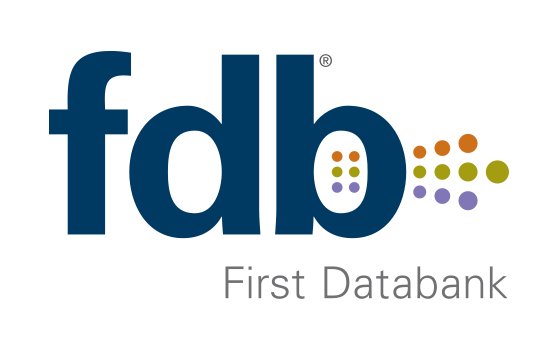 Commenting on findings and recommendations from Public Health England's review into dependence and withdrawal associated with some prescribed medicines, Darren Nichols, UK managing director, FDB (First Databank), said:
Commenting on findings and recommendations from Public Health England's review into dependence and withdrawal associated with some prescribed medicines, Darren Nichols, UK managing director, FDB (First Databank), said:
"This extensive review by Public Health England underlines the challenges particularly within the primary care system to ensure that clinical guidance is effectively adhered to, with regular reviews with patients, and that prescribing is made safer.
"Its recommendation on greater prescribing transparency and accountability through increasing the availability and use of prescribing data for medicines that can cause dependence or withdrawal highlights the crucial role that technology can play in supporting GPs and other members of the primary care multi-disciplinary team.
"Although not heavily featured in the review, technology is having a big impact on primary care prescribing. Today we are working with more than 4,000 GP practices, with a patient population of 35 million, across two thirds of England’s clinical commissioning groups (CCGs) who are making significant strides in changing prescribing practice, by drawing on technology at the point of prescribing. This enables clinicians to be alerted when a prescribing decision might not comply with clinical best practice or when it might not be most appropriate for the individual patient. This has already seen thousands of GPs choose alternative medications for their patients millions of times.
"Technology like this will continue to be an essential support for GPs, and to CCGs, in helping to distil current and improved guidance around medicines examined in Public Health England’s report, and in adhering to it when appropriate. This can help to ensure greater compliance with guidance, whilst ensuring professionals remain in control of informed prescribing decisions.
"Similar technologies may also now be needed for practice pharmacists and other members of the multi-disciplinary care environment, to take an active role in identifying patient cohorts and proactively reviewing their medication."
About FDB
FDB (First Databank), part of the Hearst Health network, is the leading provider of drug knowledge that helps healthcare professionals make precise decisions. With thousands of customers worldwide, FDB enables our information system developer partners to deliver valuable, useful, and differentiated solutions. We offer four decades of experience in transforming medical knowledge into actionable, targeted, and effective solutions that help improve patient safety, operational efficiency, and healthcare outcomes.